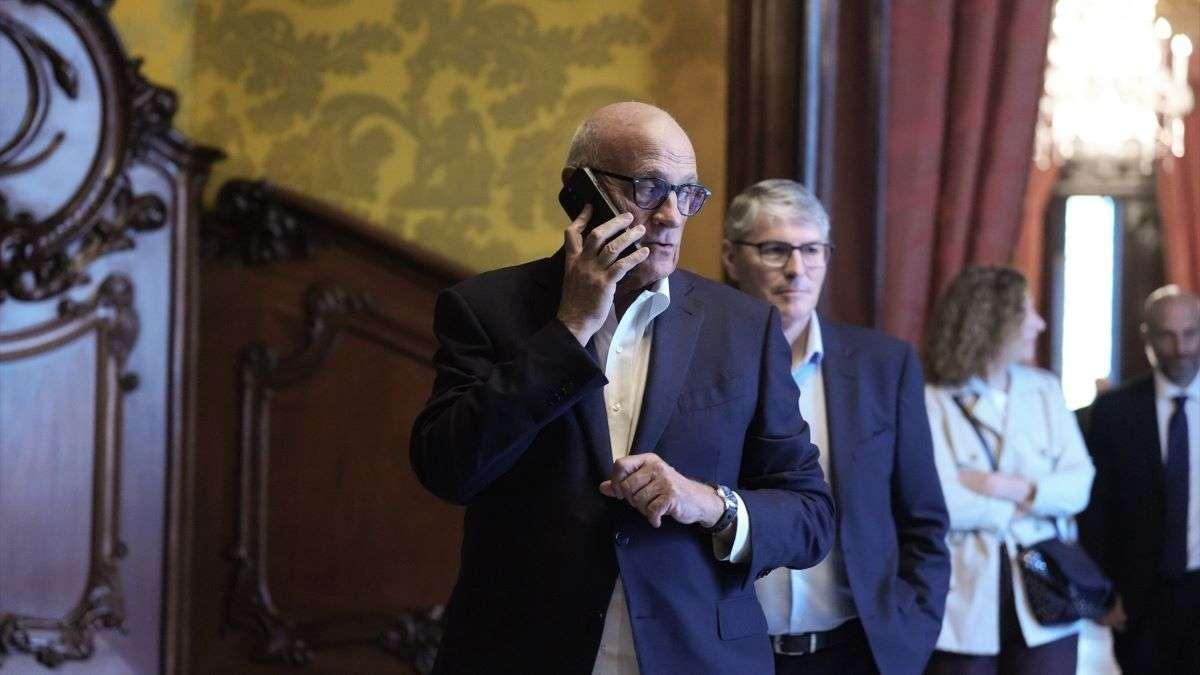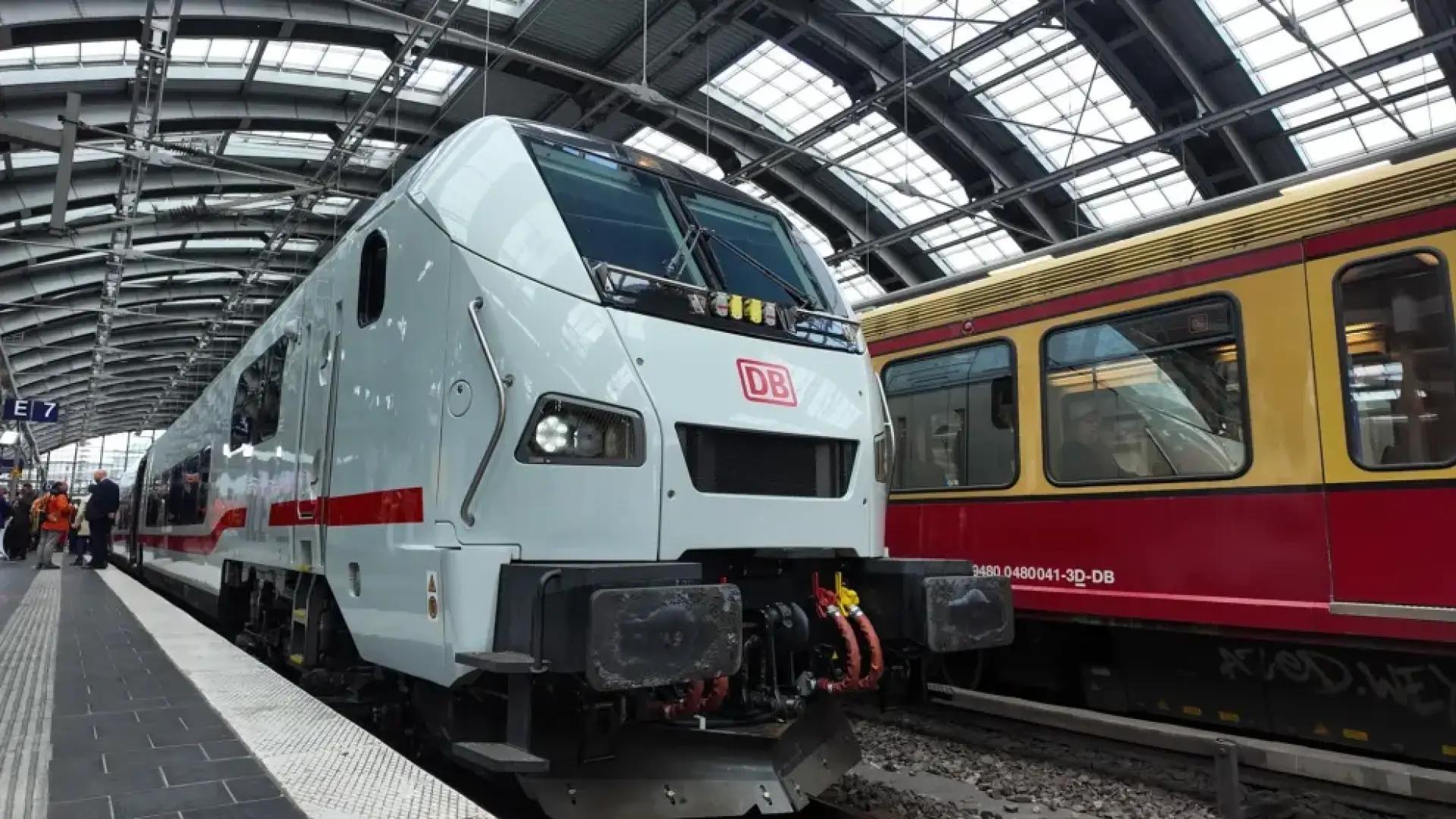It was said in the group that after a few months of K'utua, the story will resume.
It's not too late, there's no telling when Sabedel-Unicaza will be able to speak.There was a combination in the pools before Carlos Torres exited the BBVA in pursuit of the Catalan side.Faisak asking the crooks to take money will encourage the discussion to become more intense.
Those close to both organizations think that's a given.The war started by Mr. Torres will cause seismic shifts in the sector, which will have consequences.This failure taught bank strategists at least three lessons.
First, enemy operations do not take place in Spain. This was a well-known maxim, but the Torres skid confirms it. The next entity that tries will build bridges, not destroy them.
Second: In our country, everything or almost everything is politicized.Those who try to combine again will copy the moves of Josep Oliu and Carlos Torres.The experienced President Sabadell has pledged the support of Pedro Sánchez’s Catalan parties (Junts and ERC).
At the same time, he pulled strings malanua, and, of course, with pp: and Alberto Ninaz Fernáia (Carlos Iclannde).It is no coincidence that Genoa is not safe at least with BBva in the long term.
The final lesson is relevant to the thesis of this analysis.In our country, there are still attractive banks for acquisitions or mergers, despite the concentration of powerful banks (before the financial crisis there were 60 and now there are barely a dozen.
No financial analyst sees a short-term move.The waters must calm down in Sabadell after the upheaval caused by the 526-day battle.Not only for the management: also for the staff who are forced to live with uncertainty;and customers who are bombarded with advertising messages in both directions.
Months of truce for the banks
What is known in advance is that the lake will be destroyed and continues to 2026. White in Sabadell and Unicaja confirmed. Things in the two coordinating places already have a discussion about the old information.Both participants (companies in olives and other currencies).Their affairs complement each other.
To move forward with the merger, three obstacles that have stalled BBVA must be overcome: decentralization, price and political support.For some analysts, the former is the most thorny because of Unicaja's shareholder structure, which is controlled by a foundation made up of various "families."
Now this institution will remain the first shareholder after the virtual union.The two parties can distribute decision centers in a Sulaymaniyah manner: the company’s headquarters in Barcelona;The technology is headquartered in Malaga, one of the most innovative cities in Spain.
Unicaja headquarters in Malaga./ EP
Cost, as with any operation, is another challenge.But everything is negotiable.As reported by Vozpopuli, the price of inflation during the takeover process: 6 billion to start the conversation.However, BBVA's fall is hitting estimates.Sababell does not need the client to defend against a third party, but to contribute to the hand.
The advising IBEx bankers primarily forbidden Sabadell to Unicaja, excluding another entity that would complement the Catalan bank: KutXabank.The Basque unit is smaller than Unicaja in terms of assets, but it is attractive because of its model, solvency and regional position.
The problem here is the political factor.Unlike Unicaja, CheonfabaBabunge (CheonfabaBabunge, KKU, KKU, KKU, KUTXA and the first price, like the second, the second, the third, the third has more influence.
The current weakness of PNV, which has traditionally been friendly to large corporations - and the rise of Bildu - which is the opposite of its ideology - has made Kutxank a veritable hornet's nest for anyone interested in mergers and acquisitions.
Large parts of Santander and Caixabank
There are still candidate firms remaining.Abanka is one of them, but her owner - Juan Carlos Escotet of Venezuela - is always on the sidelines.If he leads them, he will only participate in the work.But in banking - we insist - almost everything is debatable.
In the sector, and even more so after the BBVA puncture, the assumption that another big fish is trying to eat a smaller one is losing strength.BBVA, for obvious reasons, is not expected to do so.Neither does Santander, which has enviable geographical diversification.
This is not the case with CaixaBank, which only has a presence in Portugal.However, the Catalan bank already has a large market share in Spain, which would make it difficult to match another competitor for competition purposes.
There are many combinations in Spain, but many are not really attractive or feasible.That of Sabadell and Uniqja, but, first, the waters of the financial sector must be normalized.








